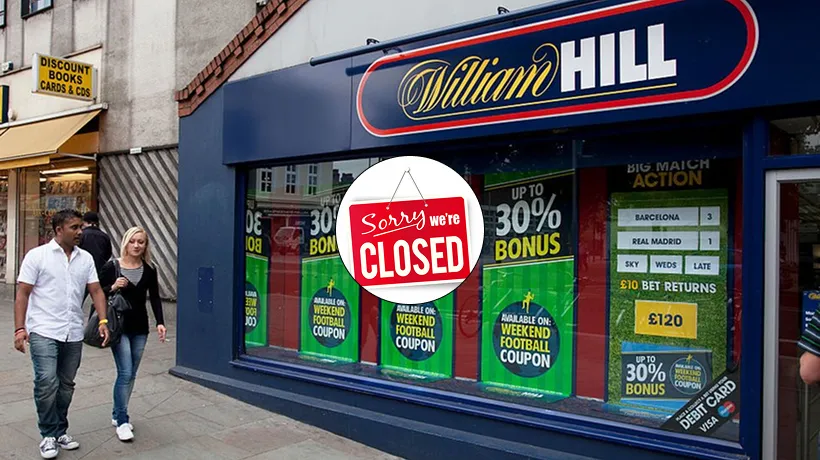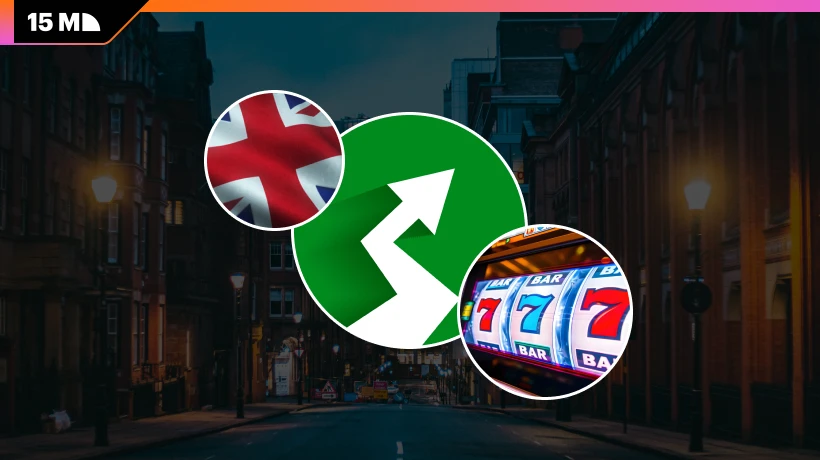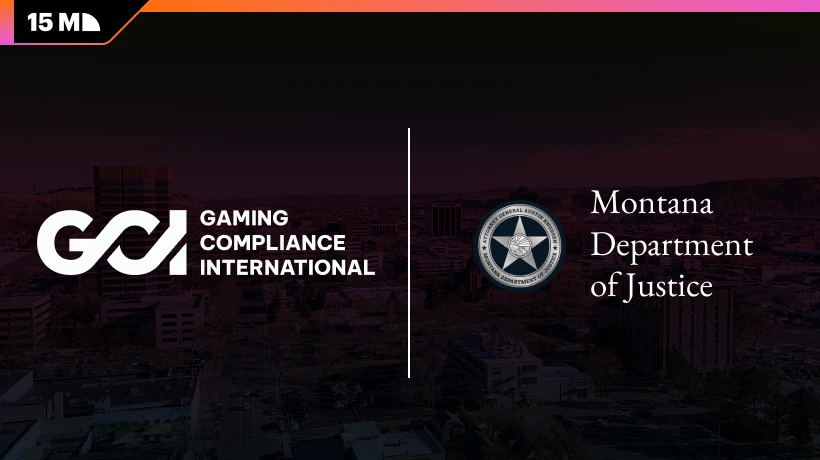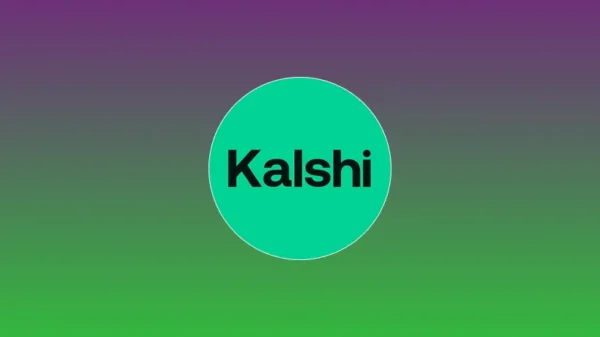William Hill is shutting down operations in 13 countries starting December 2. The Evoke-owned brand notified players they won’t be able to use any of its services from that date.
Most affected markets are in Africa. The list includes Angola, Burkina Faso, Cameroon, Kenya, Mozambique, Nigeria, Republic of Congo, Democratic Republic of Congo and Somalia. Bolivia and Nicaragua are also on the exit list. Nepal and Vietnam round out the departures in Asia.
This isn’t William Hill’s first wave of pullbacks. The operator already left India, Jamaica and Botswana back in September.
Why Financial Pressures Are Driving Exits
William Hill’s international business runs entirely online. But the company’s facing serious concerns about profitability.
The UK’s Autumn Budget arrives November 26. Evoke has warned that proposed tax increases could force it to close between 120 and 200 betting shops across Britain. That’s a significant chunk of the retail estate.
The parent company posted £435 million in third-quarter revenue. That’s up 5% compared to last year across all three divisions – online, international and retail. But the growth hasn’t eased worries about what higher taxes might do.
William Hill appears to be consolidating. The company seems focused on protecting profits in its core markets rather than maintaining presence everywhere.
What Happens to Players and Bets
Players in the 13 markets can’t place new bets or use services after December 2. But they’re not losing access to their money immediately.
Account access continues until January 5, 2026. That gives players over a month to withdraw any remaining funds.
There’s one catch for existing wagers. Any bets scheduled to settle after December 2 get voided. Players will see those stakes returned to their accounts instead.
The withdrawal window should give most customers enough time to sort things out. It’s a fairly standard timeline for market exits in the industry.
How This Reshapes William Hill’s Strategy
These exits show William Hill pulling back to stronger positions. The company’s trimming markets that probably weren’t delivering enough return.
The timing connects directly to UK tax concerns. Evoke needs to shore up profitability wherever it can find savings. Cutting marginal international markets makes sense if domestic operations face new cost pressures.
The 5% revenue growth suggests the business isn’t failing. But growth alone doesn’t guarantee sustainability when regulatory costs keep climbing.
Other operators will watch how this plays out. If William Hill’s consolidation strategy works, more brands might follow the same path. The days of aggressive geographic expansion could be cooling off across the industry.







